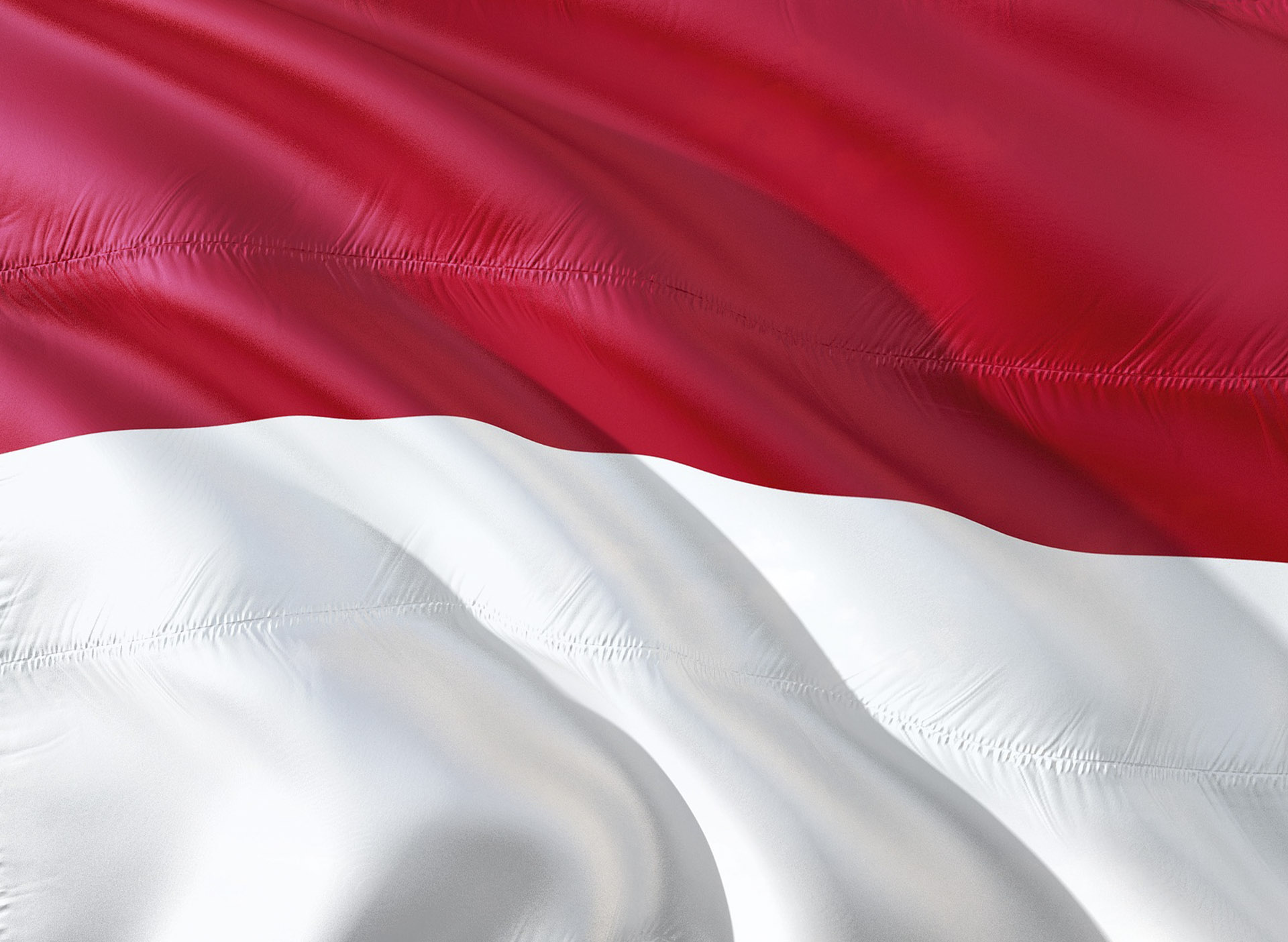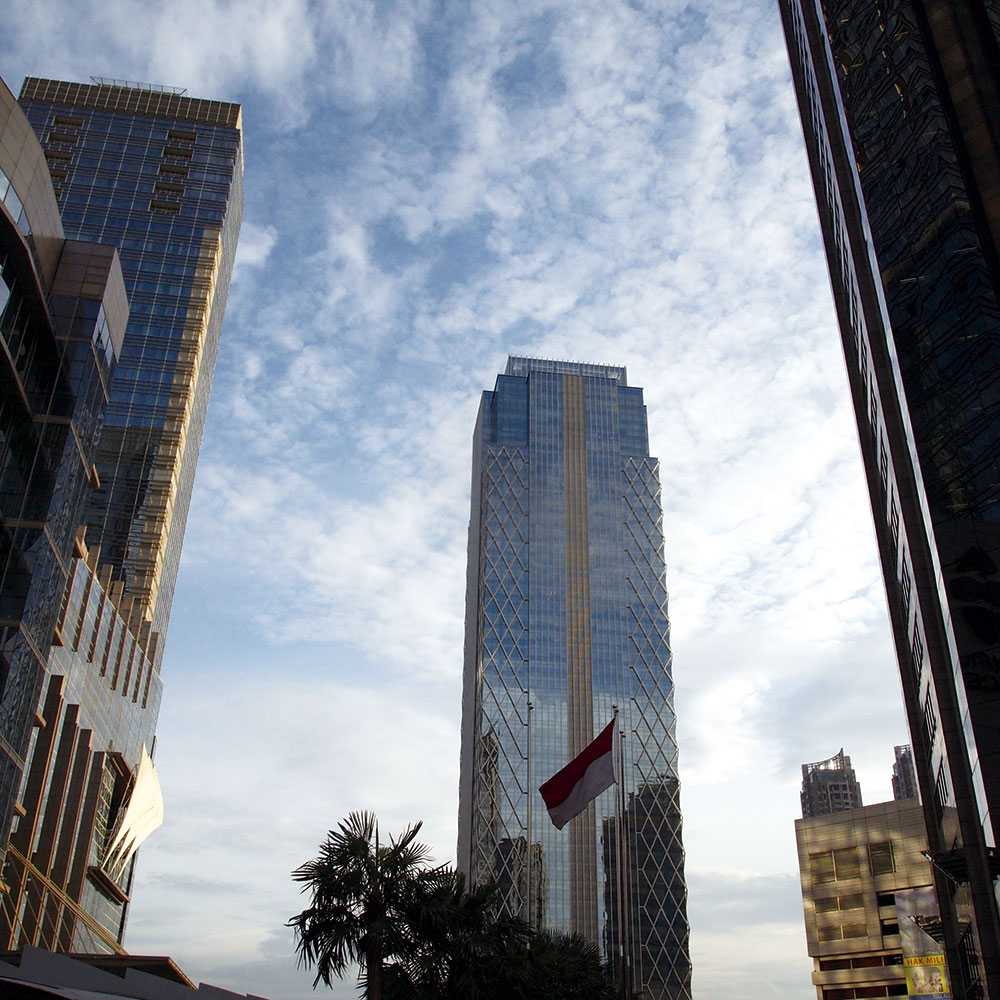 By Ahmad Jamal Assegaf, Lubis Ganie Surowidjojo
By Ahmad Jamal Assegaf, Lubis Ganie Surowidjojo
Email: jamal@lgslaw.co.id
On June 15, 2017, Indonesian Government issued Government Regulation No. 27 of 2017, amending Government Regulation No. 79 of 2010 on the Recoverable Operational Costs and the Income Tax Treatment in the Field Upstream of Oil and Gas Business (the new regulation is referred to as “2017 Amendment” and the original regulation is referred to as the “2010 Regulation”). The 2017 Amendment amends certain provisions on upstream oil and gas cost recovery, with a view of incentivising Contractors to accelerate discovery of oil and gas, increase investment, and provide legal certainty.
Scope of applicability
The 2017 Amendment remains applicable only to PSC and Service Contractors, but expands the scope of Petroleum Activities to also include field processing, transport, storage and sale of own-production, thus making costs associated with these activities potentially recoverable.
Changes to recoverable costs
The 2017 Amendment provide important changes to the conditions in order for an operational cost to be recoverable by Contractors, which are:
- removal of the elucidation to Article 12(1)(a) of the 2010 Regulation, entailing that only costs directly related to the Petroleum Operations are recoverable;
- Community and environmental development expenditures during exploration and exploitation phases are now recoverable, where previously these were recoverable only during exploitation phase (see Art. 12(2)(e) 2017 Amendment); and
- Certain costs are no longer classified as irrecoverable, the most important of which are:
a. Employee income tax paid by the Contractors, if paid as tax allowance (Art. 13(p)(1) 2017 Amendment);
b. Transactions deemed as detrimental to the state (Art. 13(l) 2017 Amendment);
c. Environmental and community development costs during exploration phase (Art. 12(2)(e) 2017 Amendment);
d. Incentive for interest recovery (Art. 13(w) 2017 Amendment). - Under Art. 13(r) 2017 Amendment, surplus materials are irrecoverable where they do not accord to the approved production plan (previously surplus materials are irrecoverable if they were purchased as a result of mistakes in planning or purchase).
Incentives
The 2017 Amendment provides for certain tax and non-tax incentives, as follow:
- The Minister of Energy and Mineral Resources may set a dynamic sliding scale split on the PSC. (See Art. 10A 2017 Amendment);
- Domestic Market Obligation (DMO) Holidays, granted by the Minister of Energy and Mineral Resources
after approval from the Minister of Finance; and - Tax and non-tax revenue incentives, in accordance with the prevailing laws and regulations (see Art. 10(4) 2017 Amendment);
- Exemption from the following taxes and duties:
- import duties on goods used during Petroleum Operations, for which a Contractor is eligible at both the Exploration and Exploitation Phases (Art. 26A(1) and Art. 26B (1) 2017 Regulation);
- Certain Value-Added Tax or or Luxury Goods Value Added Tax (Art. 26A(b) and Art. 26B(b) 2017 Amendment)
- Income Tax on imported goods already exempt from import duties under Articles 26A(1) and 26B(1)(a) 2017 Amendment; and
- Exemption from land and building taxes.
Please note that tax and duties exemptions during exploitation phase requires Minister of Finance approval, taking into account the economic aspects of the project.
Provisions that remain in force
Certain provisions of the 2010 Regulation remain in force, the most important of
which are:
- Additional incomes in the course of Petroleum Operation derived from the sales of derivative product or other forms are treated as deductions to operational costs (See Art. 14 of 2010 Regulation); and
- Provisions on Domestic Market Obligation (ie the obligation to deliver certain production amount for domestic market consumption) remains in force. A contractor is required to deliver 25 percent of production to Indonesia’s domestic market, for which it is remunerated at a rate set by the Minister of Energy and Mineral Resources.
![]()
http//: www.lgslaw.co.id
Email: jamal@lgslaw.co.id
Tel: (62-21) 831-5005, 831-5025
Fax: (62-21) 831-5015, 831-5018




















